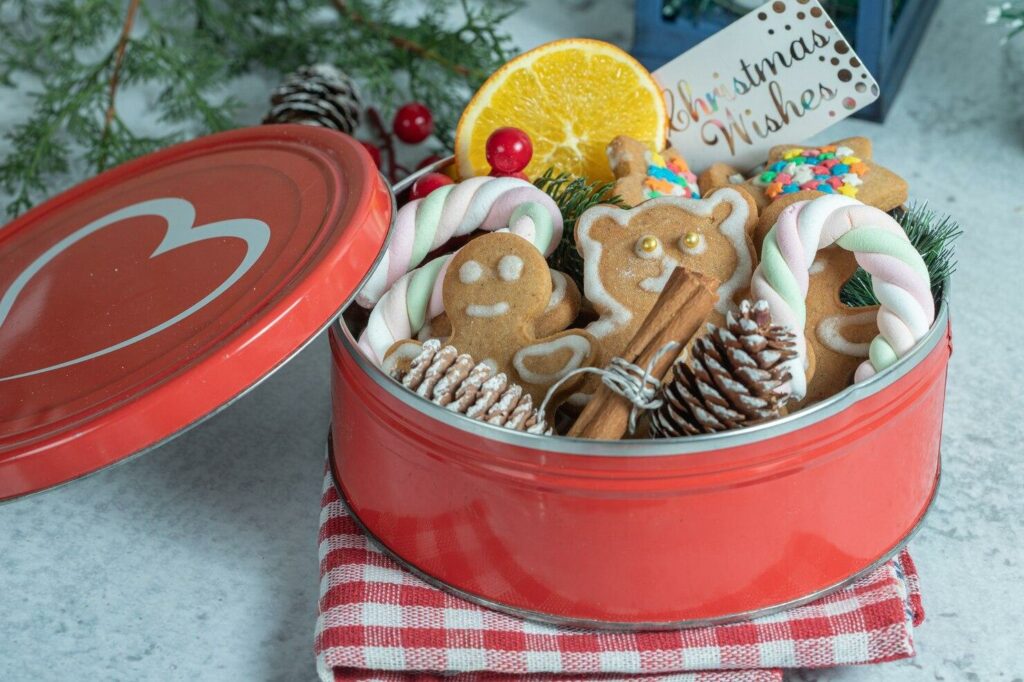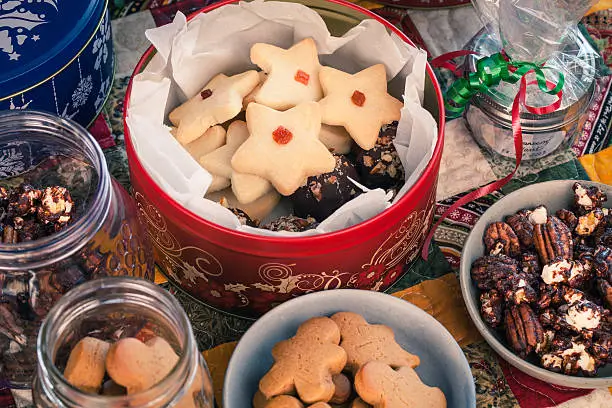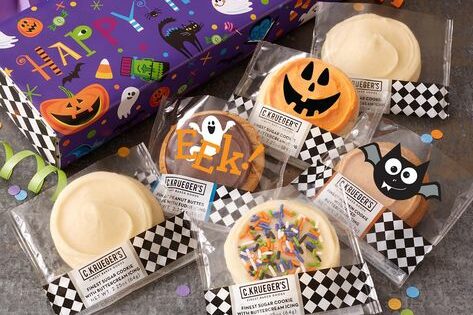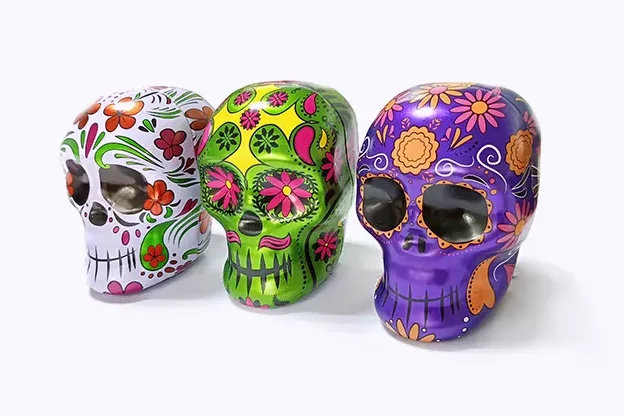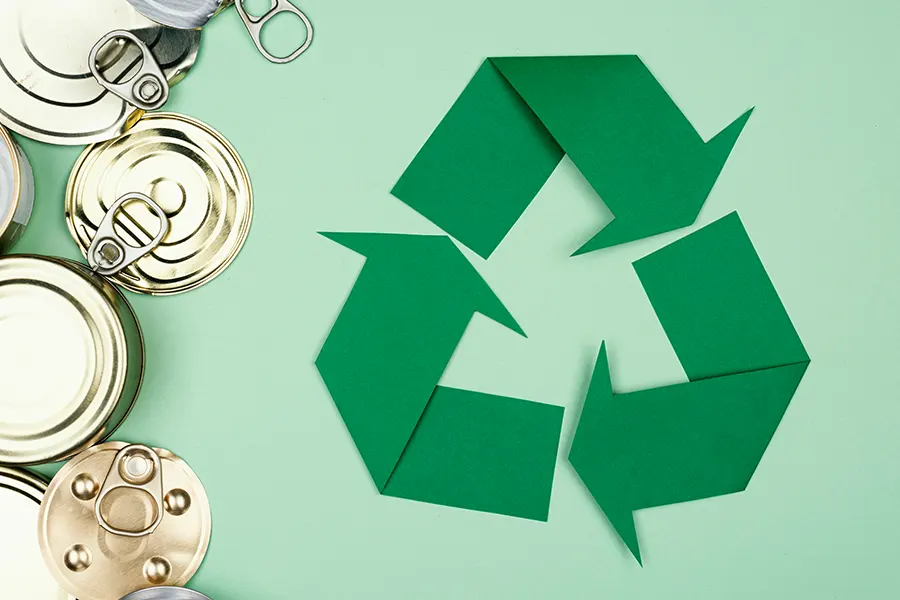Tin containers are everywhere in the food industry, from elegant tea packaging to cookie tin cans filled with festive treats. But a common question arises: are tin containers food safe? With food safety being a top priority for both manufacturers and consumers, understanding what makes a food tin container safe and reliable is essential. Let’s dive into the materials, standards, and benefits of food storage tins while addressing any concerns about their safety.
Are Tin Containers Food Safe?
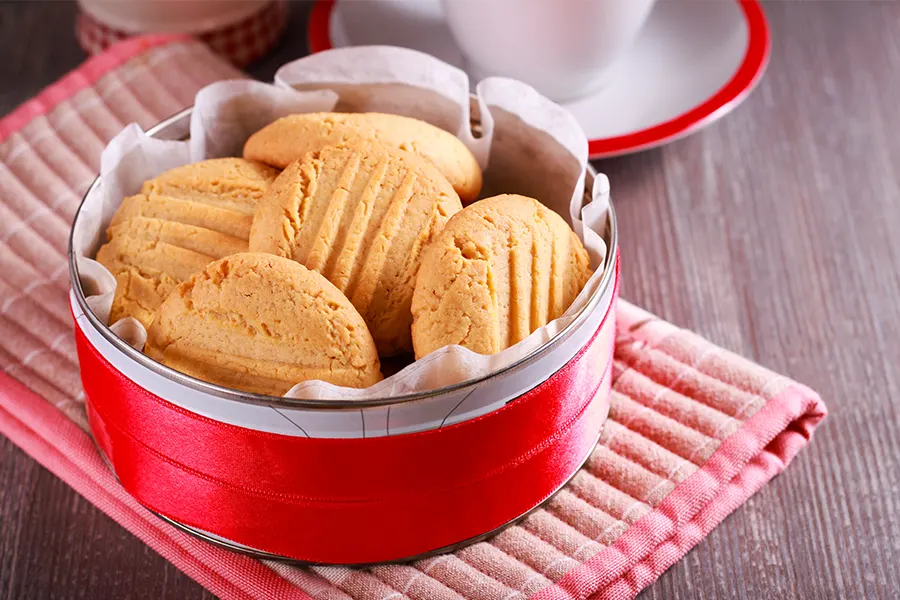
The short answer is yes—when made and tested properly, tin containers are food safe. They’re designed to meet strict regulations that ensure they can hold food without posing health risks. Food tin boxes often feature protective coatings and high-quality materials to safeguard both the food and the container.
What Makes a Container Food Safe?
Food-Grade Materials
For a container to be food safe, it must be made of materials that do not react with or contaminate the food it holds. These materials should resist corrosion, leaching, and the transfer of harmful substances into the food. Tin-coated steel is a common example, offering a perfect balance of safety and durability.
Regulatory Standards for Food Safety
Food containers must meet strict guidelines set by regulatory bodies:
- FDA Guidelines: The U.S. Food and Drug Administration ensures that materials used in food containers, such as lacquers and coatings, are safe for contact with consumables.
- EU Regulations: The European Union enforces similar standards, requiring rigorous testing to confirm that no harmful substances migrate into food.
Materials Used in Tin Containers
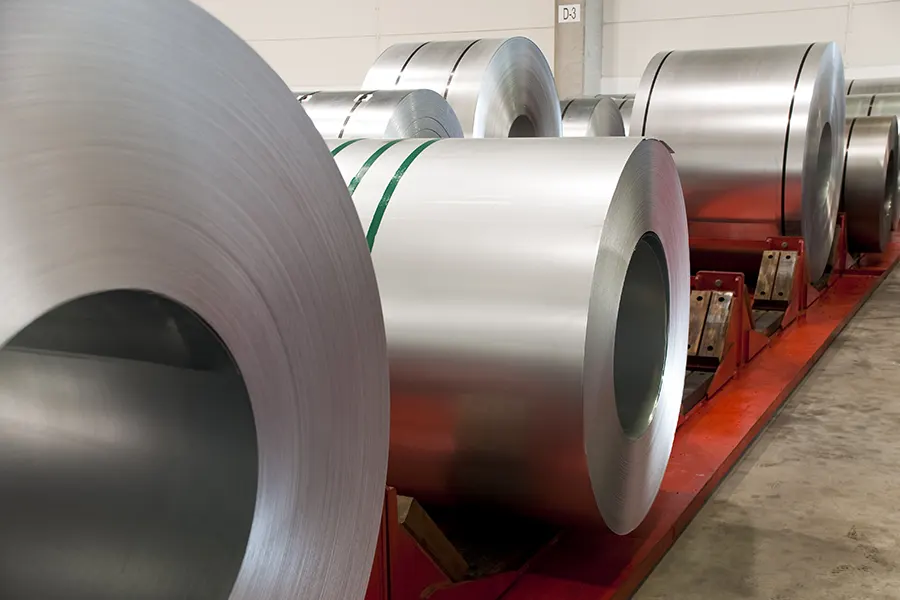
Tin-Coated Steel
Tin-coated steel is the backbone of food tin boxes. The tin layer prevents rust and protects the food from direct contact with the metal underneath. This material is widely used for cookie tin packaging and canned goods due to its robustness and reliability.
Protective Lacquer Coating
To add an extra layer of safety, most food storage tins are lined with a food-grade lacquer. This coating acts as a barrier, preventing any potential interaction between the food and the tin. It’s especially important for storing acidic or moisture-rich items like sauces or beverages.
Advantages of Tin Containers for Food Storage
Durability and Strength
Tin containers are tough. They resist dents, scratches, and general wear and tear, ensuring that the food inside remains protected during transportation and storage.
Airtight Sealing
Airtight seals are a game-changer for food preservation. They lock out moisture, air, and contaminants, keeping food fresh and flavorful for extended periods.
Recyclability
Tin containers are environmentally friendly. They’re fully recyclable and can be repurposed, making them a sustainable choice for brands and consumers alike.
Common Uses of Tin Containers in the Food Industry
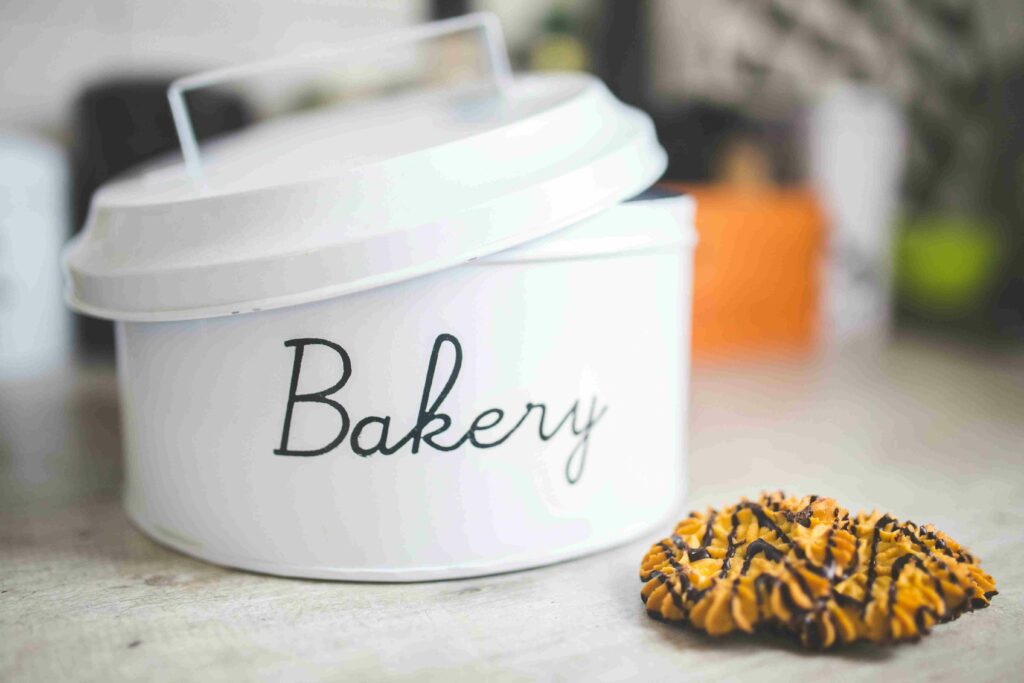
Beverages
- Tea and Coffee Packaging: Premium tea and coffee brands often choose tin containers for their airtight properties and aesthetic appeal. These tins preserve the aroma and flavor while adding a touch of elegance.
- Specialty Drink Containers: From herbal infusions to cocktail kits, tin boxes elevate beverage packaging by combining function with flair.
Snacks and Sweets
- Biscuits and Cookies: Cookie tin packaging is a classic choice for its charm and practicality. These tins protect delicate treats from breaking and keep them fresh.
- Chocolates and Candies: Food tin boxes designed for sweets often feature vibrant designs, making them ideal for gifting or festive occasions.
Canned Foods
- Soups and Vegetables: Tin containers are the go-to option for canned goods due to their durability and ability to seal in freshness.
- Ready-to-Eat Meals: For convenience and long shelf life, nothing beats tin containers for pre-packaged meals.
Spices and Condiments
- Compact Storage for Seasonings: Small tins are perfect for spices, keeping them fresh and accessible.
- Custom Containers for Sauces: Food tin boxes designed for sauces ensure airtight storage while preventing leaks and spills.
Potential Concerns with Tin Containers
While tin containers are widely regarded as a safe and practical choice for food storage, certain potential issues may arise if the materials or manufacturing processes are substandard.
Migration of Materials into Food
A major concern is the migration of harmful substances from the tin container into the food. This typically occurs when low-quality materials or non-food-grade coatings are used. Chemicals or heavy metals may leach into the contents, especially with acidic or moist foods, compromising safety and quality.
Certified food tin containers eliminate this risk by using FDA-approved or EU-compliant coatings. These protective layers undergo extensive testing to ensure they prevent migration, preserving the food’s integrity and ensuring it remains safe for consumption.
Corrosion and Leaching
Although tin containers resist corrosion, improper handling or environmental factors can weaken their protective coatings. High humidity, damaged lacquer, or acidic foods may cause the metal to corrode, leading to leaching that alters the food’s taste and safety.
Proper storage and high-quality tins designed for specific uses, like cookie tin cans or sauce tins, help mitigate this issue. Partnering with a reliable tin container supplier ensures access to durable, food-safe packaging.
How to Ensure Tin Containers Are Food Safe?

Certification and Testing
Food safety starts with certification. Tin containers that meet FDA guidelines or EU standards are thoroughly tested to verify their suitability for food contact. These tests evaluate factors such as migration resistance, chemical stability, and the effectiveness of protective coatings. Certified food storage tins, including cookie tin packaging or tins for beverages, provide peace of mind by ensuring they adhere to strict regulatory requirements.
When purchasing tin containers, always check for clear labeling or documentation that indicates compliance with recognized food safety standards. Tin cans manufacturers that provide detailed certifications demonstrate their commitment to producing safe, high-quality packaging.
Choosing Reliable Manufacturers
Working with reputable tin container suppliers is crucial for ensuring food safety. Established manufacturers use premium materials, advanced production techniques, and rigorous quality control processes to produce food-grade tins. They also offer expertise in designing custom tin packaging tailored to specific needs, whether for tea, cookies, or sauces.
Reliable manufacturers often provide additional services, such as consulting on the best type of lacquer coating for specific food products or advising on storage practices to extend the shelf life of contents. By partnering with a trusted supplier, you can minimize potential risks while maximizing the benefits of using tin containers.
Conclusion
Tin containers are a safe, durable, and sustainable option for food packaging. Their versatility and protective properties make them a trusted choice across industries, from snacks to beverages and beyond. By choosing certified tins and working with reliable manufacturers, you can ensure your food stays fresh, flavorful, and perfectly presented.
FAQs
1. How can I tell if a tin container is food safe?
Check for certifications from regulatory bodies like the FDA or EU. Food-grade labels and protective coatings are good indicators.
2. Are all tin containers coated with protective lacquer?
Most food storage tins include a lacquer coating to prevent direct contact between food and the metal.
3. Can tin containers be used for acidic foods?
Yes, but only if they’re lined with an appropriate protective coating to prevent reactions with the acid.
4. Are tin containers safe for long-term food storage?
Absolutely! Their airtight seals and durable materials make them ideal for extended storage.
5. What are the environmental benefits of tin containers?
Tin containers are recyclable and reusable, making them an eco-friendly packaging solution for sustainable businesses.

